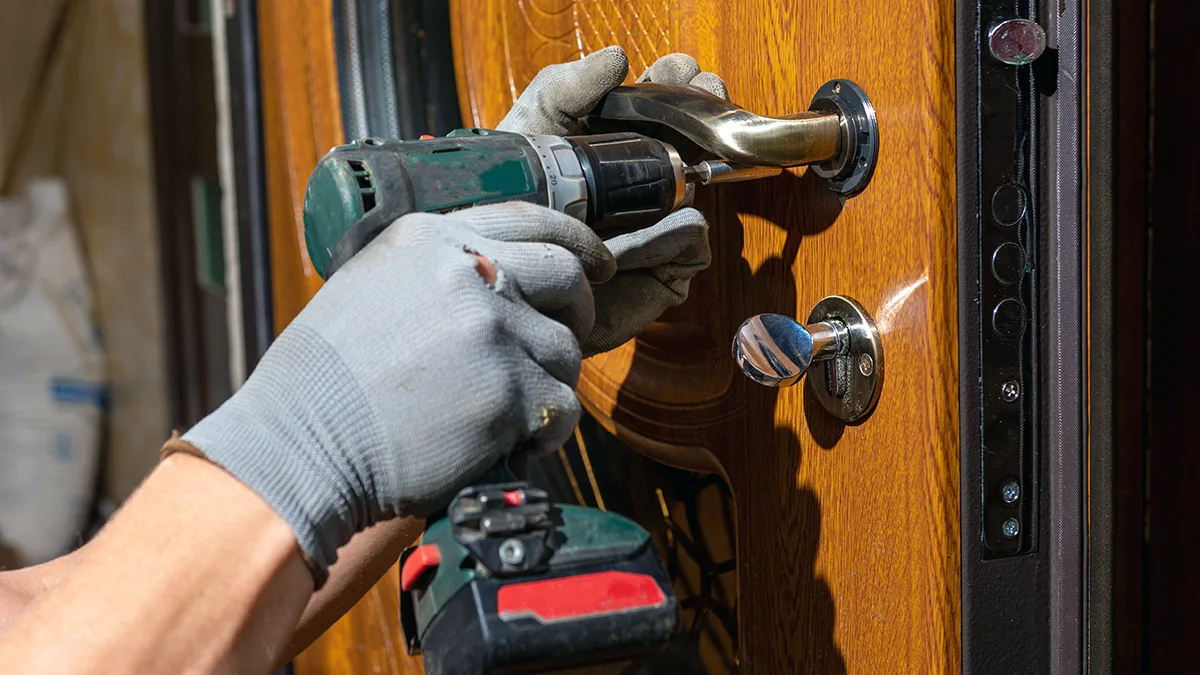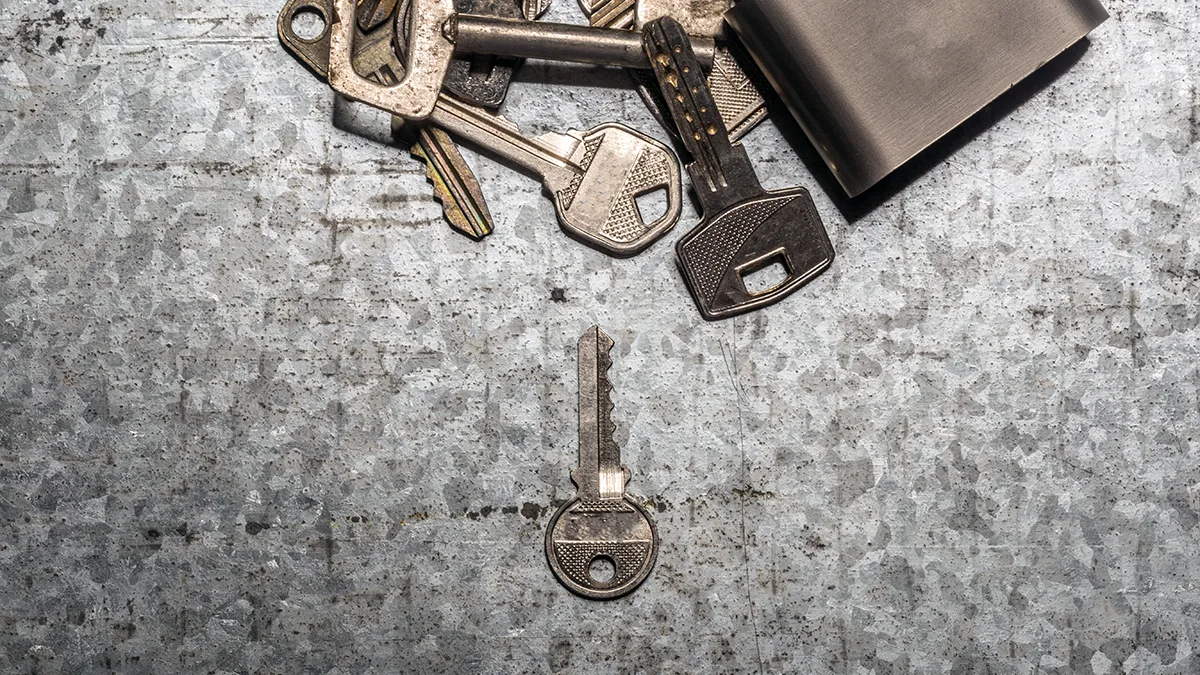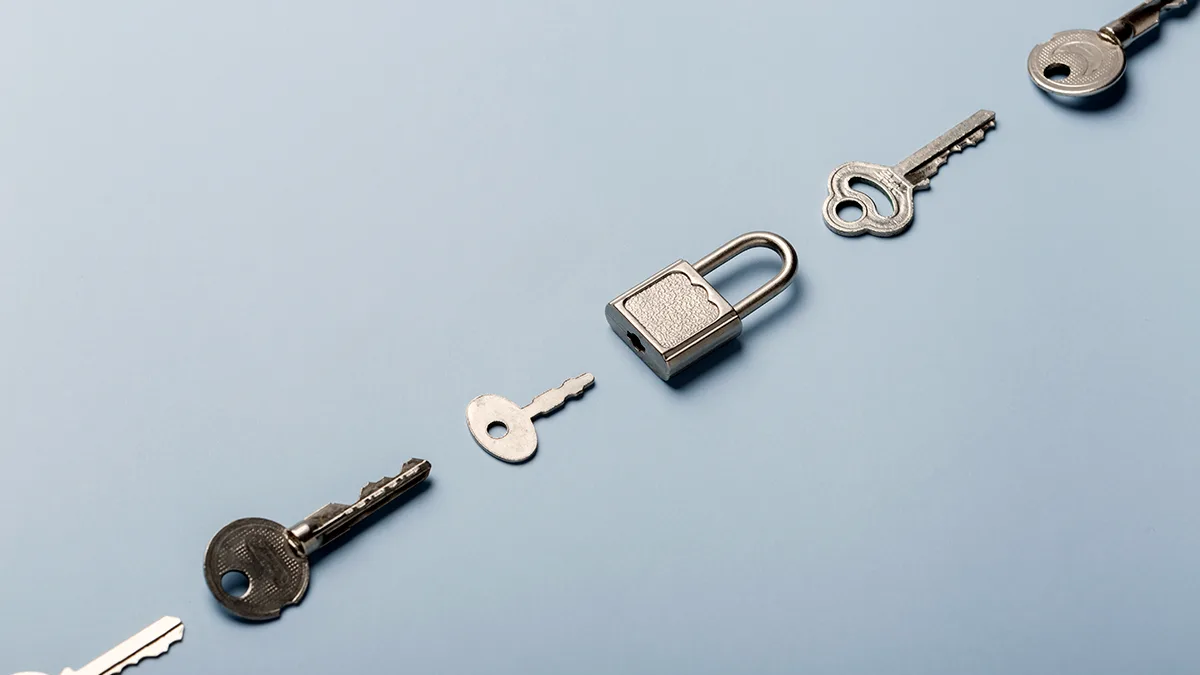The Hidden Costs of DIY Lock Repairs and How to Avoid Them. In a bustling city…
Security Checklist for Your London Business Premises
Security Checklist for Your London Business Premises. In today’s rapidly evolving landscape, ensuring the security of your business premises in London is paramount.
With increasing concerns over theft, vandalism, and cyber threats, a comprehensive security checklist is essential for safeguarding your assets, employees, and sensitive information.
This article outlines a robust security checklist tailored for businesses in London, highlighting the importance of locksmith services and future-proofing your security measures as we approach 2025.
Understanding the Importance of a Security Checklist
A security checklist serves as a systematic approach to identifying potential vulnerabilities within your business premises.
It encompasses physical security measures, personnel training, and technological advancements.
By adhering to a well-structured checklist, you can mitigate risks and create a safer working environment for everyone involved.
Why London Businesses Need a Security Checklist
London, as a bustling metropolis, presents unique challenges for business owners.
The city’s diverse population and high foot traffic can lead to increased opportunities for criminal activity.
A well-prepared security checklist not only helps protect your physical assets but also ensures compliance with local laws and regulations.
Key Components of a Security Checklist
1. Physical Security Measures
a. Access Control Systems
Implementing effective access control systems is crucial for regulating who can enter your premises. Consider the following:
- Electronic Keypads:
- These allow only authorised personnel to gain entry, reducing the risk of unauthorised access.
- Biometric Systems:
- Fingerprint or retina scanners offer a higher level of security, ensuring that only designated individuals can enter sensitive areas.
b. Locks and Deadbolts
The foundation of any physical security system lies in robust locks.
Consult a professional locksmith to assess your current locking mechanisms and recommend upgrades if necessary. Key considerations include:
- High-Security Locks:
- These locks are designed to resist picking and drilling, providing an added layer of protection.
- Master Key Systems:
- These allow for controlled access to various areas without the need for multiple keys, streamlining security management.
2. Surveillance and Monitoring
a. CCTV Systems
Installing a comprehensive CCTV system can deter criminal activity and provide valuable evidence in case of an incident.
When selecting a CCTV system, consider:
- High-Definition Cameras:
- Ensure that your cameras provide clear images, even in low-light conditions.
- Remote Monitoring:
- Opt for systems that allow you to monitor footage in real-time from your smartphone or computer.
b. Alarm Systems
An effective alarm system is essential for alerting you and law enforcement to potential breaches.
Key features to look for include:
- Motion Sensors:
- These detect movement and can trigger alarms when unauthorised access is detected.
- 24/7 Monitoring Services:
- Partnering with a professional monitoring service ensures a rapid response to any security threats.
3. Employee Training and Awareness
a. Security Training Programs
Investing in employee training is vital for fostering a culture of security within your organisation.
Consider implementing:
- Regular Security Briefings:
- Keep employees informed about potential threats and best practices for maintaining security.
- Emergency Response Drills:
- Conduct drills to prepare staff for various scenarios, such as theft, fire, or natural disasters.
b. Reporting Procedures
Establish clear reporting procedures for employees to follow in the event of a security incident. This should include:
- Incident Reporting Forms:
- Ensure that staff know how to document and report suspicious activity.
- Designated Security Contacts:
- Assign specific individuals to handle security-related issues, providing a point of contact for employees.
4. Cybersecurity Measures
As businesses increasingly rely on digital technology, cybersecurity has become a critical aspect of overall security.
Key components include:
a. Firewalls and Antivirus Software
Invest in robust firewalls and antivirus software to protect your network from cyber threats.
Regularly update these systems to defend against emerging threats.
b. Data Encryption
Implementing data encryption ensures that sensitive information is protected, even if it falls into the wrong hands.
This is particularly crucial for businesses handling customer data or financial information.
5. Regular Security Audits
Conducting regular security audits is essential for identifying vulnerabilities and ensuring that your security measures remain effective. Key steps include:
- Internal Assessments:
- Regularly evaluate your security protocols and make necessary adjustments.
- Third-Party Evaluations:
- Consider hiring a professional security consultant to conduct an external audit and provide recommendations.
The Role of a Locksmith in Your Security Strategy
A professional locksmith plays a crucial role in enhancing your business’s security.
Their expertise extends beyond simply installing locks; they can provide comprehensive security assessments and recommend tailored solutions.
As you prepare your security checklist, consider the following services offered by locksmiths:
1. Security Assessments
Locksmiths can conduct thorough assessments of your premises, identifying weaknesses in your current security measures.
They can recommend appropriate locking systems, access control solutions, and additional security features tailored to your business needs.
2. Lock Installation and Upgrades
As technology advances, so do locking mechanisms.
A qualified locksmith can assist in upgrading your locks to high-security options, ensuring that your premises are well-protected against unauthorised access.
3. Emergency Services
In the event of a lockout or security breach, having a reliable locksmith on speed dial is invaluable.
Many locksmiths offer 24/7 emergency services, ensuring that you can regain access to your premises quickly and efficiently.
Future-Proofing Your Security Measures for 2025
As we approach 2025, the landscape of security will continue to evolve.
It is essential to stay ahead of emerging threats and trends.
Consider the following strategies for future-proofing your security measures:
1. Embrace Technology
Invest in smart security solutions that integrate with your existing systems.
For example, smart locks can be controlled remotely, allowing you to grant access to employees or contractors without needing physical keys.
2. Stay Informed
Keep abreast of the latest security trends and technologies.
Attend industry conferences, subscribe to security publications, and engage with professional networks to stay informed about best practices.
3. Regularly Update Your Security Checklist
As your business grows and changes, so too should your security checklist.
Regularly review and update your checklist to reflect new risks, technological advancements, and changes in your business operations.
A comprehensive security checklist is essential for safeguarding your London business premises against potential threats.
By implementing robust physical security measures, investing in employee training, and embracing technology, you can create a secure environment for your employees and customers.
Collaborating with a professional locksmith will further enhance your security strategy, ensuring that you are well-prepared for the challenges that lie ahead as we approach 2025.
Prioritising security today will not only protect your assets but also instil confidence in your employees and clients, paving the way for a successful future.




Comments (0)